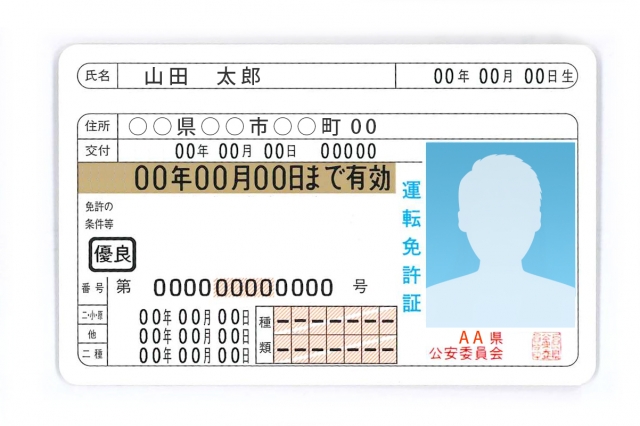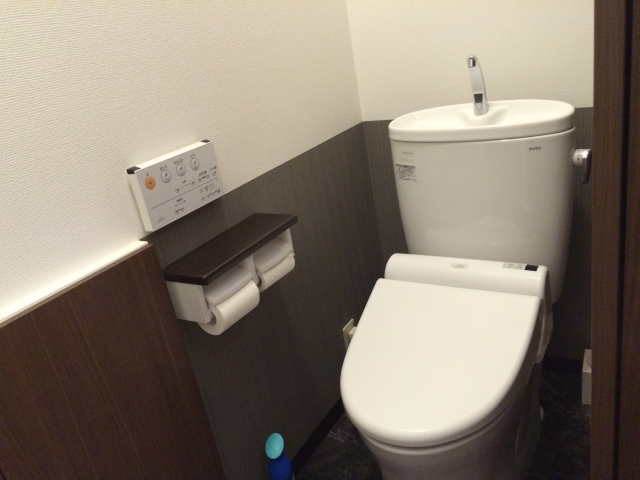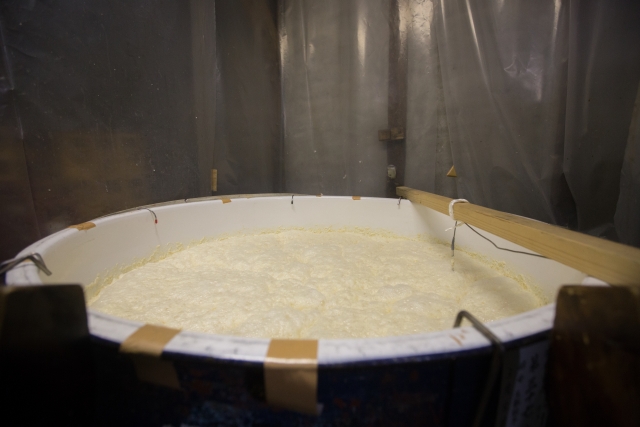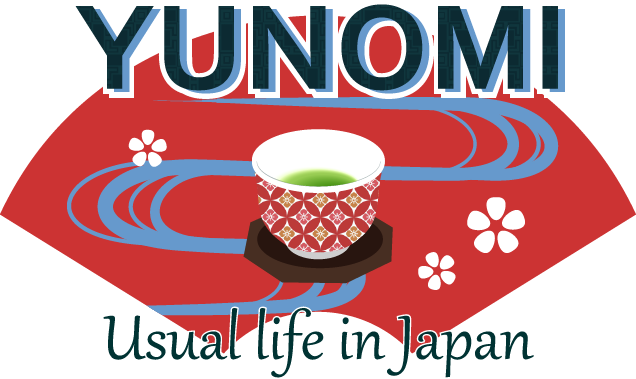-

-
Japanese Driver’s License Test Tips and Tricks【For foreigners】
Those who have to pass the practical driving test in order to convert their foreign licenses should be prepared for a long and sometimes frustrating process. First-time pass rates are low even for native Japanese, who routinely spend 200,000 to 300,000 yen for lessons to teach them how to pass this test. There are many seemingly minor details that must be considered. A positive attitude and patience will go far towards minimizing cost, time spent at the driver's license center, and test failures. The following information is based on the experience of a former Saga JET. This advice does not ...
-

-
How to get a driver's license in Japan! Let's go to a driving school
In Japan, you usually obtain a driver’s license by taking lessons at a private driving school. You obtain a license by entering a designated driving school and taking the lessons needed to acquire driving skills and accumulate driving knowledge. Most driving schools offer driving lessons and classes only in Japanese. Although in recent years this has changed, some schools have English speaking staff, and some even hire foreign, or native English speaking instructors. In the case of Tokyo The Koyama Driving School in Tokyo, says it is “the only driving school that provides lessons in English.” Most Japanese go ...
-

-
Why can't Japanese speak English? The reason is education? National character?
The Japanese Speaking English It is a question that has been asked many times. Why do some Japanese people struggle to communicate in English? Even though English is taught in junior high school and there are thousands of English conversation schools all over the country, the level of English in Japan remains low compared to other developed countries. This is especially problematic when Japanese students travel to study abroad. A number of professors at various school surveyed said that their Japanese students often have difficulties communicating in English. These are not students from the rural Inakadate, Aomori region of Japan ...
-

-
Toliets In Japan:Where are you aiming for? The unique evolution of the toilet does not stop
Some Japanese toilets are an attraction all in their own, with a range of technological features that are sure to alarm the first time user. The high-tech toilets, which are in most homes, hotels, and shopping centers, feature an electronic panel that controls an array of handy features including seat warmers, hot air dryers, and tiny robotic arms that squirt warm water at the guest. These technological marvels have become commonly known as washlet, a name that is the trademark of Toto, the largest manufacture of these high-tech bidets. Japan is the world’s leader of toilet technology, some toilets can ...
-

-
Iced Coffee in Japan: How a Cool Drink Became a Summer Essential
When the Japanese summer arrives — humid, hot, and relentless — there’s one drink that never fails to cool people down: iced coffee. Known in Japan as “aisu kōhī” (アイスコーヒー), this chilled version of coffee has been loved for over a century, becoming a symbol of summer itself. A Long History of Chilled Coffee Iced coffee isn’t a modern invention. In fact, Japan has been enjoying it since the Taishō era (around the 1920s), when coffeehouses began serving it with gum syrup and milk. At that time, drinking cold beverages like iced tea was already common, so it was ...
-

-
The Allure of Sake: History, Brewing Process, Cultural Significance, and Global Appeal
Sake is made from rice. Kōji (malted rice) and water are added to steamed rice, and this mixture is placed in a vat and left to ferment with yeast for 20 days. After fermentation, the mixture is ready for pressing, filtration, and heating. Sake, often called Seishu (literally, "clear sake"), is a fermented alcoholic beverage made from rice. Among all brewed alcoholic beverages, it has the highest alcohol content, often around 15-20%. Sake has been a traditional Japanese alcoholic beverage since ancient times, with records of its production dating back over a thousand years. Sake has a wine-like aroma ...
